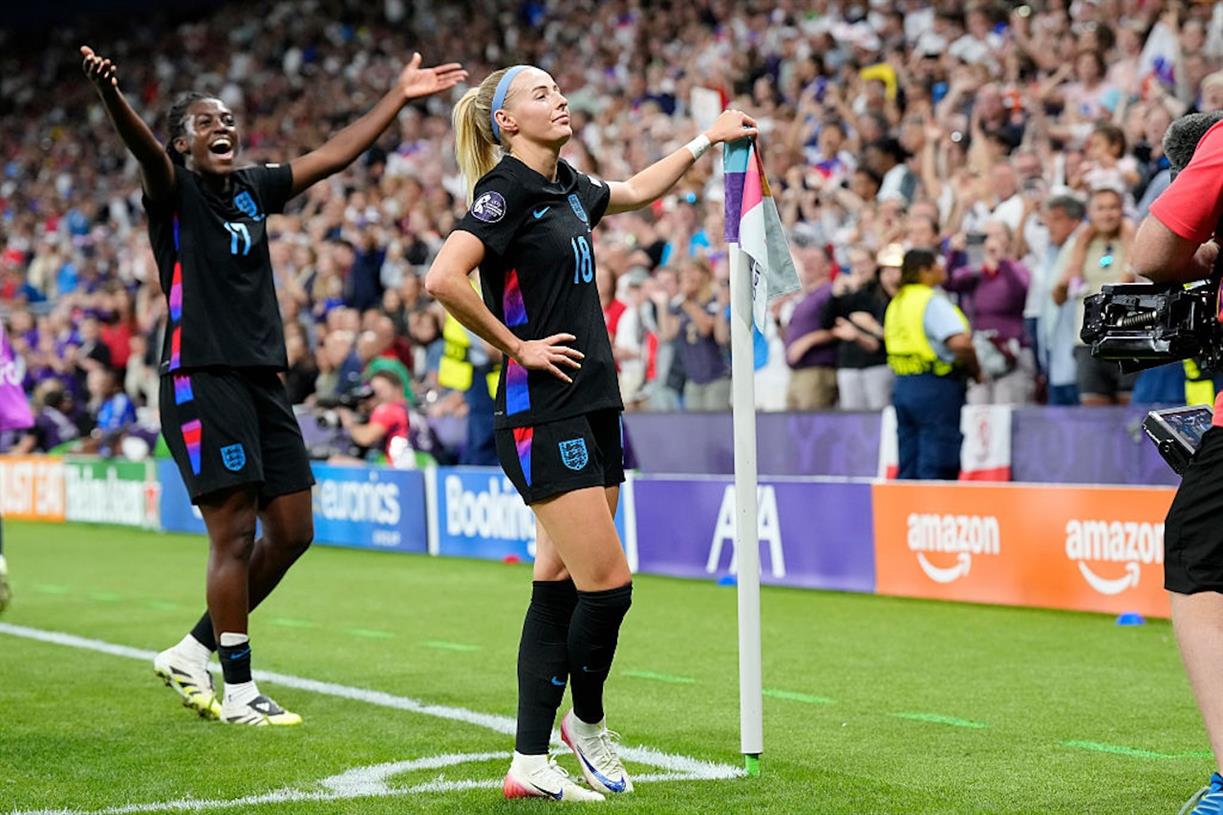How to Craft a Better Resume, According to a LinkedIn Career Expert
Here's what hiring managers are looking for in your resume right now.


Credit: wee dezign/Shutterstock
Applying for jobs sucks bad. It always has, but somehow, it’s worse these days. It might be easier than ever to send out a resume, but it’s increasingly difficult to know what the hiring managers want. Even knowing what to include in your resume is hard, to say nothing of the waiting game, (lack of) follow-up emails, and the interview process. Let’s start at the beginning. Here’s what your resume should include these days, according to an expert.
Your skills are key on a resume
Yes, you need to include past jobs and where you went to school, but a resume should be about you and the specific value you bring to the table. Instead of listing off the job duties your past jobs included, spend some time brainstorming ways the things you did apply to what you’re trying to do now.
“If you want to discuss your previous experience at a restaurant job and how it can translate to a managerial position, talk about how you demonstrated great management skills by managing a number of tables at the same time,” says LinkedIn Career Expert Andrew McCaskill. “Or how you fine tuned your communication skills through interacting with customers and coworkers. Or how you demonstrated leadership and teamwork when acting as a shift lead, by delegating tasks and communicating messages effectively to different groups.”
McCaskill says “transferable people skills” are in high demand right now, so spend some time going through your old roles to figure out how you can highlight those. If you're struggling to figure out what other "skills" your past experience has given you, check out this list for inspiration. You can highlight soft skills like leadership, communication, and problem-solving, or hard skills like project management, data analysis, or SEO proficiency.
Consider crafting a functional resume for maximum focus on skills, too. A functional resume leads with your skills, not your job experience, and is ideal for showing off what you're prepared to do for your new bosses, not just what you've done for the old ones. It's especially helpful if you're trying to move from one industry to another or are struggling to find ways to link your past experience to the job duties you're trying to get.
Use an action-first approach on your resume
The language you use to demonstrate all those skills is almost as important as the skills themselves, so your resume overhaul should include a little editing, too. McCaskill cautions against using passive terms, swapping them out for actions “to more powerfully convey how you contributed in your previous roles.”
OUT: “I was responsible for…,” “My duties included…”
IN: “I improved…,” “I increased…,” “I developed…,” etc.
Make sure you follow those up with evidence. If company sales increased 11% year-over-year when you started on the marketing team, say that. Be specific. Own it, basically. Per McCaskill, this not only helps employers see how you could contribute to their organization, but shows that you’re confident in your skills and experience. Think of this like using examples to tell a story about who and what kind of worker you are. A less effective resume acknowledges that you have been an employee before, sure, but a better resume demonstrates what kind of employee you’ve been and could be at the new place.
If you're concerned you don't have space for these more in-depth explanations of your talents, look over what you have on the resume that could be deleted. Your GPA, college courses taken, address, and more are pretty useless unless you are a fresh graduate with little experience to point to (in which case you should try the functional resume format mentioned above). There might have been a time when those were helpful, but it's over now. It's 2024 and, according to McCaskill, skills rule. Focus on those, not the details of your college years.
Tailor the resume to the job
This is going to be annoying, but it is a necessary evil. In the same way you tailor your cover letter to the specific job you want, you should do the same with resumes. No more sending the same boring old work history to every single company.
“Be sure to read through the descriptions of roles you’re interested in, and then align your skills as closely as you can to what’s mentioned in the job posting,” says McCaskill. “Storytelling and demonstrating the impact of these skills will show hiring managers that you have what they’re looking for and can bring immediate value to their organization.”
If a job posting says the company is looking for someone with leadership skills, point out leadership roles you’ve played in the past. If it says they want a team player, you might have to alter the skills you highlight from that same past job to better demonstrate your ability to work with others. The trick is to tailor the resume so it addresses exactly what the job posting says the company is looking for, putting your corresponding skills at the forefront.

Lindsey Ellefson
Features Editor
Lindsey Ellefson is Lifehacker’s Features Editor. She currently covers study and productivity hacks, as well as household and digital decluttering, and oversees the freelancers on the sex and relationships beat. She spent most of her pre-Lifehacker career covering media and politics for outlets like Us Weekly, CNN, The Daily Dot, Mashable, Glamour, and InStyle. In recent years, her freelancing has focused on drug use and the overdose crisis, with pieces appearing in Vanity Fair, WIRED, The New Republic, The Daily Beast, and more. Her story for BuzzFeed News won the 2022 American Journalism Online award for Best Debunking of Fake News.
In addition to her journalism, Lindsey is a student at the NYU School of Global Public Health, where she is working toward her Master of Public Health and conducting research on media bias in reporting on substance use with the Opioid Policy Institute’s Reporting on Addiction initiative. She is also a Schwinn-certified spin class teacher. She won a 2023 Dunkin’ Donuts contest that earned her a year of free coffee. Lindsey lives in New York, NY.

 JaneWalter
JaneWalter 

































